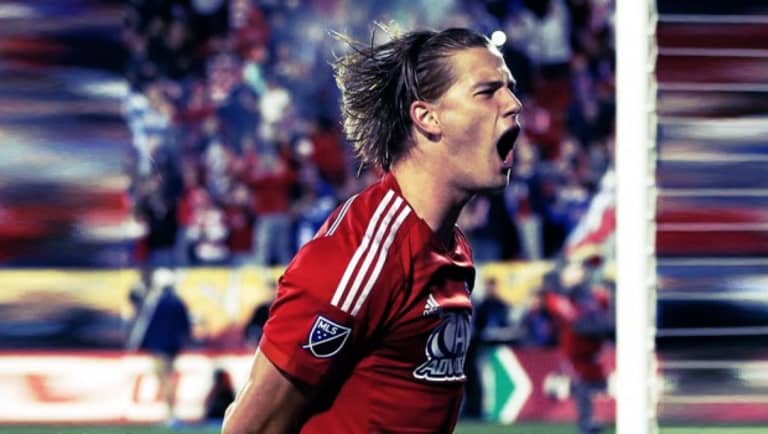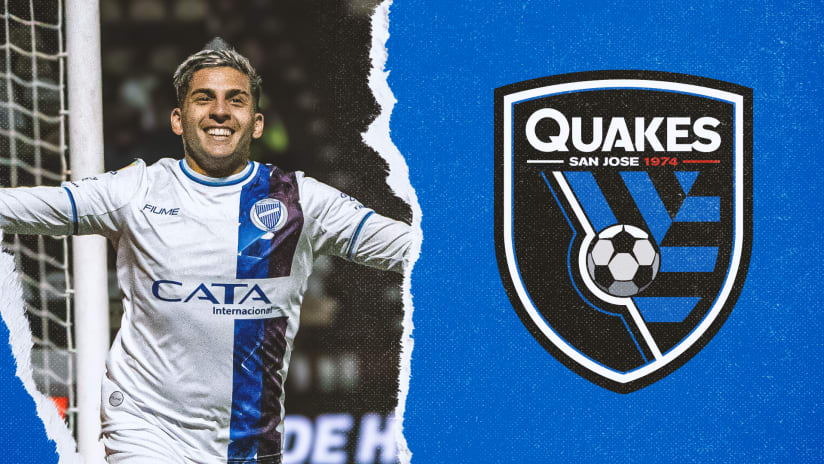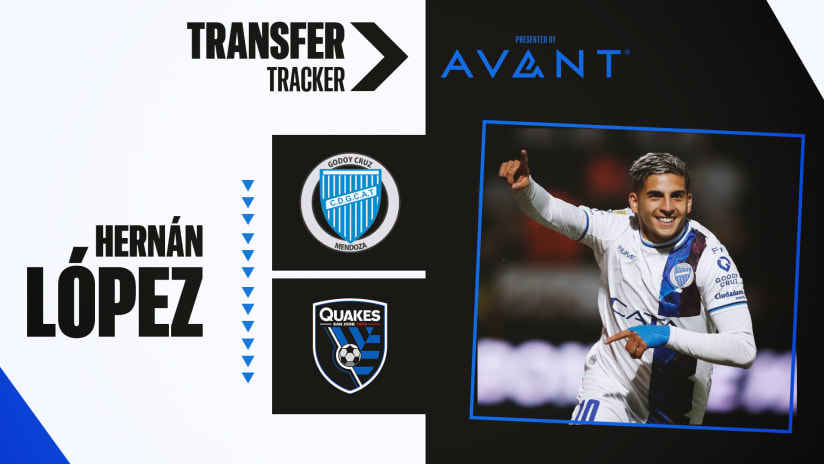FRISCO, Texas – Much is made about who makes the starting 11 every week and how the head coach will approach a game tactically.
But in Frisco, the remaining seven players on the FC Dallas bench have proven to be equally important throughout the season, particularly in the Audi 2015 MLS Cup Playoffs. In fact, both of Dallas’ late goals against the Seattle Sounders in leg two of the Western Conference Semifinal were produced by bench players.
“It has to be up there,” forward Tesho Akindele told MLSsoccer.com when asked if the bench is the best in the league. “It takes that to get to the point where we are in the season.”
Akindele was one of a handful who provided those heroics against Seattle two weeks ago. Arguably the most consistent force off the Dallas bench, he scored five goals in the regular season, three of them game-winning, and still managed to crack the starting lineup 14 times.
Throw in the likes of Walker Zimmerman (pictured below), who also played a key role in Dallas advancing and can be a dominant aerial player, the club’s former scoring leader Blas Perez, Guatemalan international Moises Hernandez, set-piece master Michel, proven River Plate midfielder Ezequiel Cirigliano, utility man Atiba Harris, and All-Star goalkeeper Dan Kennedy, and opponents will see a bench that is littered with players that could crack starting lineups across the league.
It’s the drive to climb into the starting XI that keeps everyone on their toes.
“No one’s really complacent on the bench. Everyone’s fighting for spots and looking for playing time,” Zimmerman told MLSsoccer.com. “But at the same time we keep a level head knowing that if we are on the bench and our name is called, we’re ready to go. I think that’s what we do best, is have guys that are willing to contribute in every way possible.”

While many on the Dallas bench are young players looking to work their way up the professional ladder, there are quite a few veterans that have been around the block, including Perez.
“Super Raton” was the face of the franchise for years in Dallas, leading the team in goals for three straight seasons. But he has grown longer in the tooth and as young players like David Texeira and Akindele grow into bigger roles, his minutes have decreased dramatically. He hasn’t started a game since August and also has not played more than 20 minutes in a game during that span.
Perez said he accepts the role as a former star player and actually finds it advantageous being able to provide a spark off the bench – something he did against the Sounders in their last game.
“I see the field and game as it’s going on, so I notice changes and how I can affect the game coming off the bench,” Perez said via translator. “It’s an advantage for me. I can see how to adapt to the game and take advantage of situations.”
Even when he doesn’t see the pitch, the crafty Panamanian's role is loud and clear – literally.
“He brings a lot of intensity to the bench – a lot of comments to the refs, making sure they’re doing their job correctly,” Zimmerman said. “He keeps guys motivated, especially the younger guys on the flanks like [Michael] Barrios and Fabian [Castillo]. He’s in their ear trying to help out in any way he can.”
- Find more FCD news at FCDallas.com
The club's youngsters are reaping the rewards of having a grizzly veteran presence nearby.
“I think he’s realizing he wants to pass on the information now,” Akindele said. “He’s always talking to me or David, for example. If we’re doing something wrong, he’s telling us how to fix it. He’s become almost like a coach for us too, like a personal Panamanian coach. It’s pretty awesome.”
Perez said he’s embracing the role of hyping his team up while still being able to contribute when his number is called. Like him, everyone on the Dallas bench has made healthy contributions to the team’s success this season, with only a small handful of players failing to earn a start.
According to head coach Oscar Pareja, it’s indicative of both the culture of competition and the relentless work ethic they put in on a daily basis.
“They really became a group of players who are able to contribute to the unit at any point,” Pareja said. “For me, it’s very refreshing for that to happen very frequently – to see that everybody is engaged.”













